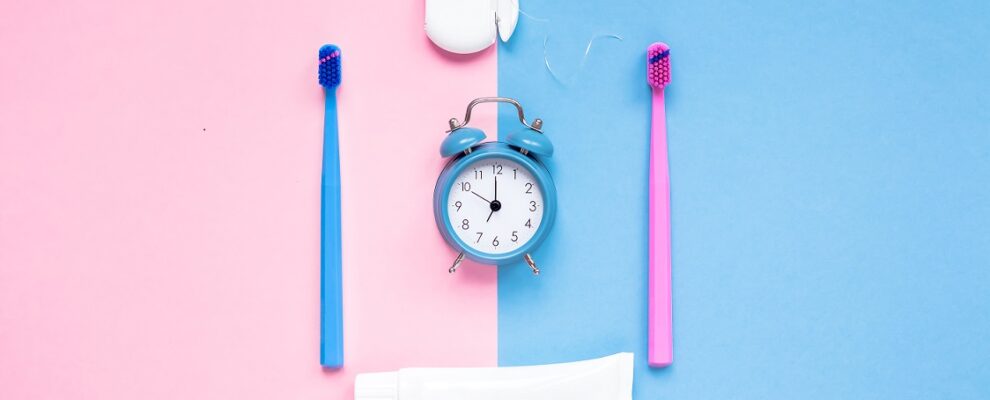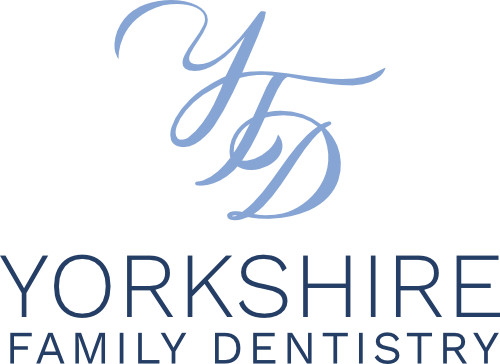How Remineralizing Teeth Products Support Your Child’s Dental Health?

In pediatric dentistry, protecting children’s teeth goes beyond daily brushing and regular checkups. A growing area of focus involves remineralizing teeth—a natural process that helps repair and strengthen enamel before decay can cause lasting damage. But what does this mean for your child’s smile, and how can remineralizing products play a role?
Let’s explore how these products work, why they matter for children’s enamel care, and how they can contribute to effective cavity prevention for kids.
What Is Remineralizing Teeth and Why Is It Important?
Tooth enamel is the hardest substance in the human body, but it’s not indestructible. Daily exposure to acids from food, drinks, and oral bacteria can erode enamel, leading to demineralization. If left unchecked, this process can weaken teeth and make them more susceptible to cavities.
Remineralization is the natural repair process where minerals like calcium and phosphate are redeposited into enamel. Certain oral care products are designed to support and accelerate this process, helping protect teeth from decay and sensitivity—especially important in children with developing teeth.
Why Children Are at Higher Risk for Enamel Erosion?
Children’s teeth, especially their primary (baby) teeth, are more porous and thinner than adult teeth. This makes them more vulnerable to erosion and decay. Factors that increase the risk include:
- High sugar consumption (candy, juice, sticky snacks)
- Poor brushing habits
- Inconsistent fluoride exposure
- Acidic foods and beverages
- Lack of routine dental visits
Because kids are still developing good oral hygiene routines, parents and caregivers must be proactive about enamel protection—and that’s where remineralizing products can help.
How Remineralizing Products Work?
Remineralizing teeth products often contain ingredients that encourage the repair of enamel by delivering essential minerals to the tooth surface. Some common active ingredients include:
- Fluoride: Strengthens enamel and helps reverse early signs of tooth decay.
- Calcium Phosphate Compounds: Provide the building blocks of enamel, reinforcing weakened areas.
- Hydroxyapatite: A naturally occurring mineral in teeth, used in some newer toothpaste formulas as a fluoride alternative or supplement.
- Xylitol: A sugar substitute that reduces harmful bacteria and supports the remineralization process.
These products come in various forms—like toothpaste, mouth rinses, gels, and even chewing gum—and can be integrated into your child’s daily oral care routine.
Benefits of Remineralizing Teeth Products for Kids
Early Cavity Prevention
Using remineralizing products can help halt the progression of early enamel damage before it becomes a full-blown cavity. This is especially helpful for kids with “white spot lesions”—an early indicator of demineralization often seen after braces or poor brushing.
Strengthening New Enamel
As permanent teeth erupt, they are initially softer and more susceptible to decay. Remineralizing products help harden these new teeth, giving them a stronger foundation for life-long dental health.
Support for Children with Braces
Kids undergoing orthodontic treatment often struggle to clean around brackets and wires, which can lead to enamel weakening. A remineralizing toothpaste or mouthwash can offer an extra layer of protection.
Soothing Sensitive Teeth
Some children experience sensitivity to hot or cold foods, especially during enamel development or after minor enamel erosion. Certain remineralizing products help reduce sensitivity by sealing exposed dentin.
Integrating Remineralizing Products into Daily Routine
To make remineralization part of your child’s everyday dental routine, consider these simple steps:
- Use fluoride toothpaste recommended by dental professionals, typically with 1,000 ppm fluoride for children over 2 (always check age-specific guidelines).
- Incorporate a remineralizing mouth rinse for older kids who can safely rinse and spit.
- Limit acidic and sugary snacks, which contribute to demineralization.
- Encourage water consumption throughout the day to help wash away acids and promote saliva production (a natural remineralizer).
- Snack smart—cheese, nuts, and leafy greens can boost oral health by increasing mineral intake.
- Visit the dentist regularly to monitor enamel health and receive professional fluoride treatments if needed.
Are Remineralizing Products Safe for Kids?
Generally, yes—when used as directed. Many products are specifically formulated for pediatric use and contain age-appropriate levels of fluoride and other ingredients. However, it’s important to:
- Choose products labeled for children
- Monitor brushing to avoid swallowing toothpaste
- Consult with your child’s dentist before introducing new products
Your child’s dentist can guide you on the most effective options based on their age, dental development, and risk for cavities.
Tips from Yorkshire Family Dentistry: Building Strong Habits Early
Preventing cavities and promoting healthy enamel in children is about consistency and education. Pediatric dental professionals often recommend:
- Starting oral care as soon as the first tooth erupts
- Using a soft-bristled brush with a rice-sized smear of fluoride toothpaste for toddlers
- Supervising brushing until your child can do it thoroughly on their own (usually around age 7 or 8)
- Making oral care fun—using music, apps, or sticker charts to encourage regular brushing
By pairing these habits with remineralizing products, parents can build a strong foundation for lifelong dental health.
When to See a Dentist?
Even with a great at-home routine, professional dental visits are essential. Dentists can identify early signs of enamel damage and recommend targeted treatments like:
- In-office fluoride varnishes
- Dental sealants
- Prescription-strength remineralizing pastes
These interventions are often quick, painless, and highly effective at protecting children’s teeth from further damage.
Final Thoughts
Remineralizing teeth products offer a practical and science-backed way to enhance children’s enamel care. While they aren’t a substitute for brushing and flossing, they can provide vital support in the fight against early enamel erosion and tooth decay.
When used correctly—and alongside good dietary choices and professional dental guidance—these products contribute meaningfully to cavity prevention for kids and help nurture healthy, confident smiles.
FAQs
What age can children start using remineralizing toothpaste?
Most children can begin using fluoride-based remineralizing toothpaste around age 2, using a small smear (the size of a grain of rice). For younger toddlers, it’s best to consult with a pediatric dentist. Always supervise brushing to prevent swallowing toothpaste.
Are remineralizing products a substitute for brushing and flossing?
No. Remineralizing products work best in addition to regular brushing and flossing. They help repair and strengthen enamel, but daily oral hygiene and a healthy diet are still the most important tools for cavity prevention.
Can remineralizing products reverse existing cavities?
These products can help reverse early-stage enamel demineralization, such as white spot lesions. However, once a cavity forms and breaks through the enamel, it will need to be treated by a dentist. Remineralization is preventive—not curative.
Are there natural ways to remineralize my child’s teeth?
Yes, certain foods like leafy greens, dairy products, and nuts are rich in calcium and phosphorus—key minerals for enamel health. Drinking water, avoiding sugary snacks, and maintaining good oral hygiene also support natural remineralization.
How do I know if my child needs a remineralizing product?
Signs like white spots on teeth, early enamel wear, or a history of cavities may indicate a need for remineralization support. A pediatric dentist can assess your child’s enamel and recommend specific products if needed.
Are fluoride-free remineralizing products effective?
Some fluoride-free options, such as those containing nano-hydroxyapatite or calcium phosphate, can help strengthen enamel. While fluoride is widely recommended and proven effective, non-fluoride options are available for parents who prefer alternatives.
